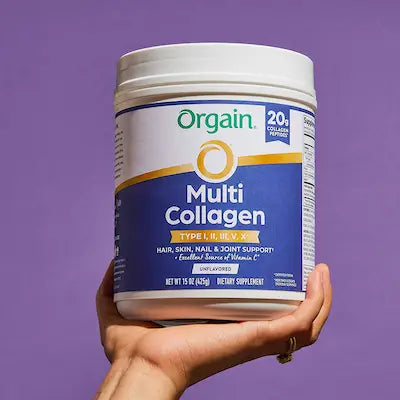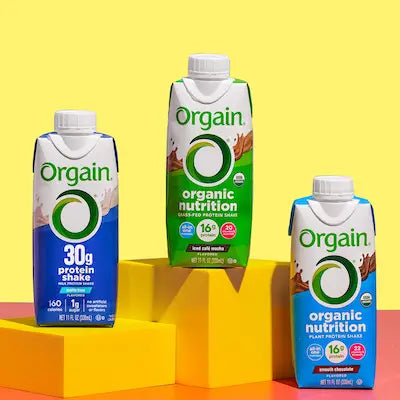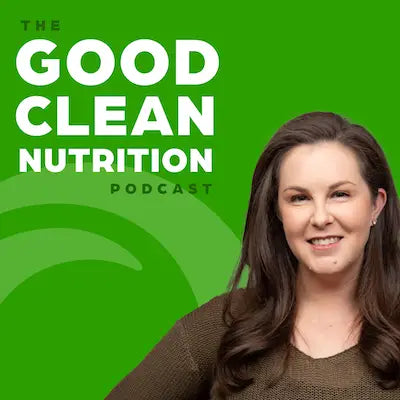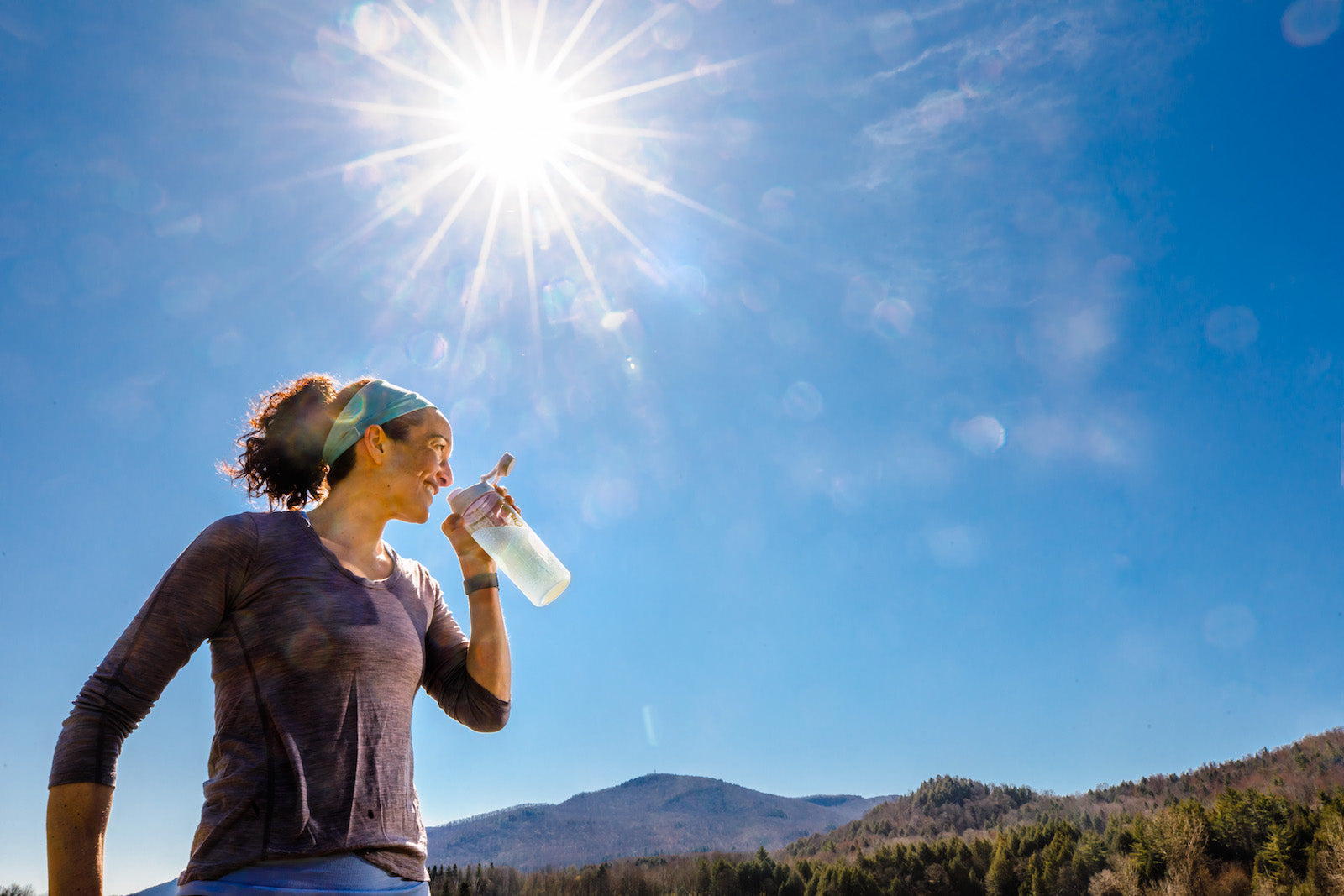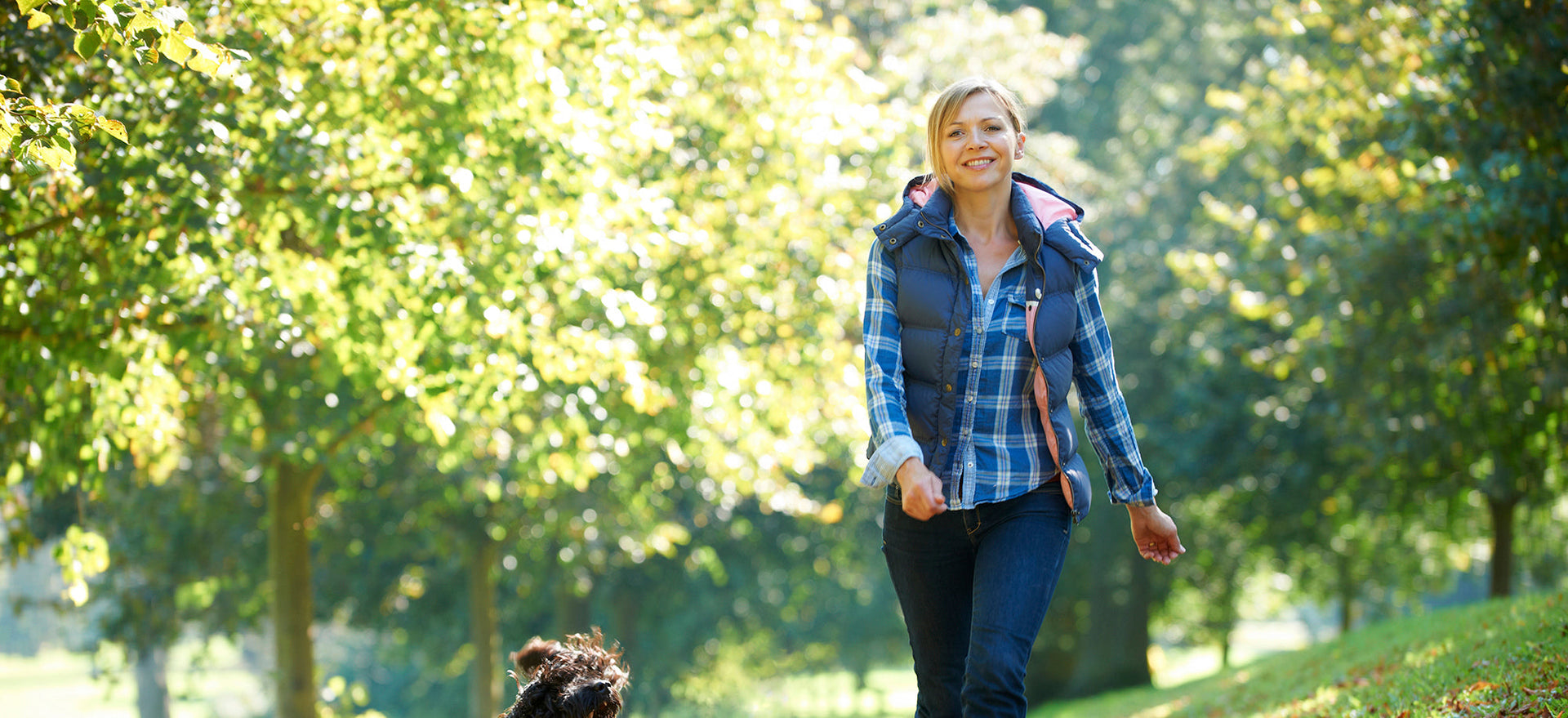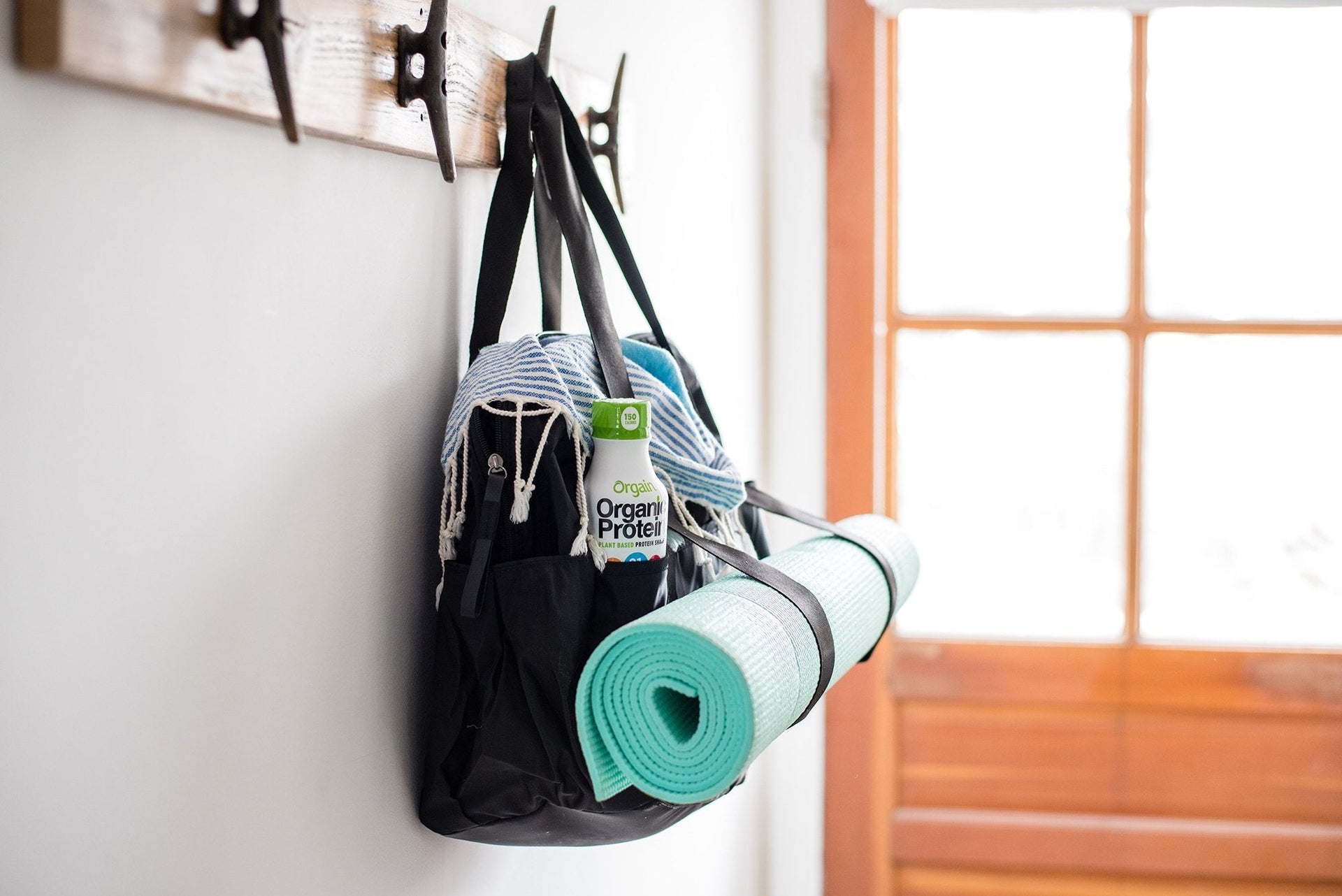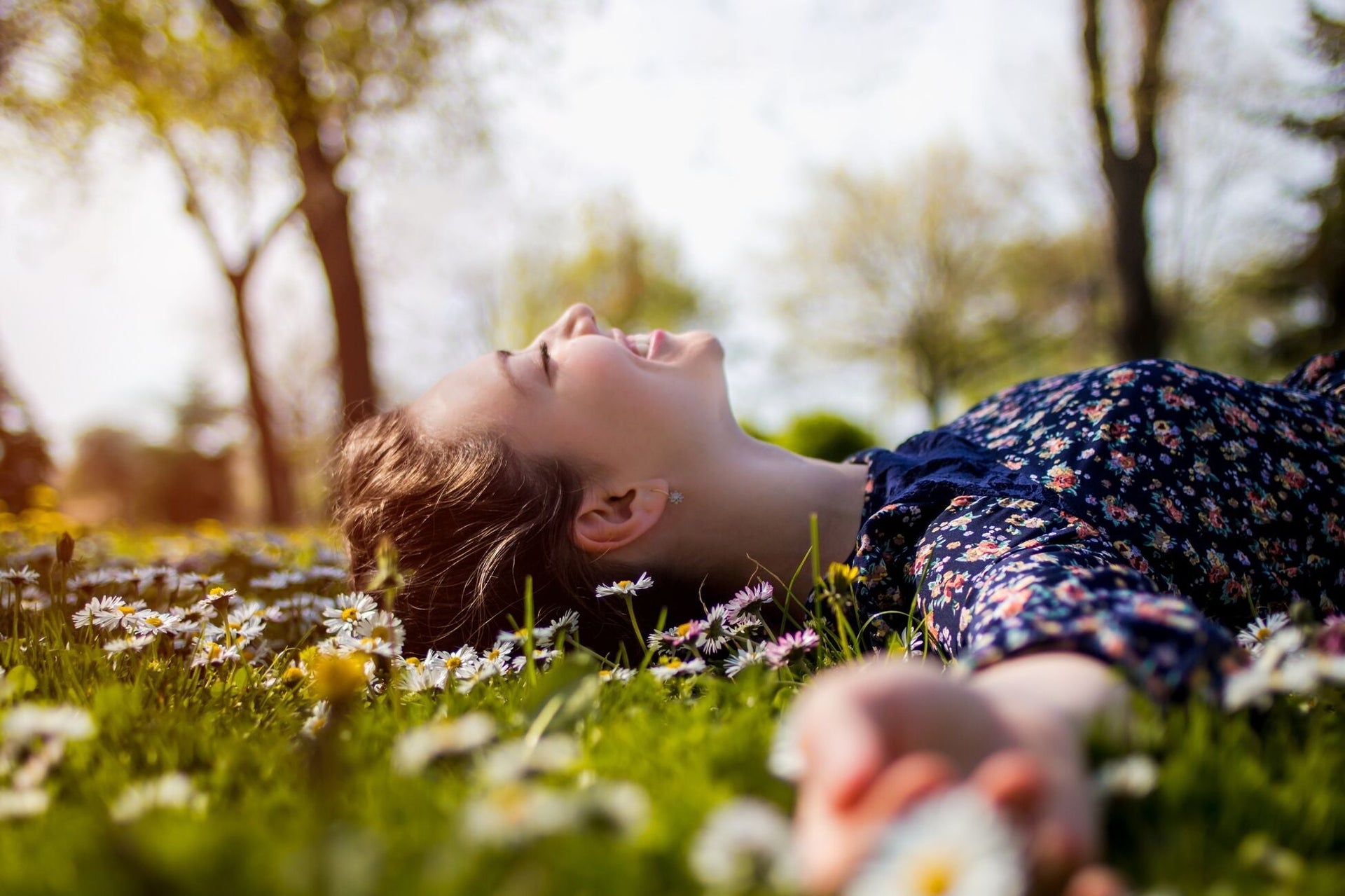Make Sleep Your Body's New Best Friend By Sierra Nielsen I have never been and will never be a fan of the phrase “I’ll sleep when I die.” Yet, so many people have adopted this saying and as Arianna Huffington points out in her new book, The Sleep Revolution, we are indeed in the midst of a sleep deprivation crisis. We live in a fast-paced, uber-connected, increasingly competitive world that’s created a culture of sleep-deprived chaotic humans, and it is clear that we are starting to seriously suffer the consequences. Our need for a good night’s sleep has become more important than ever. Yes, I understand that while getting the prescribed 7-8 hours of sleep a night may seem like an easy concept, it’s often difficult for doers and achievers to adhere to. But no matter how driven you are or how much you grind, your body REQUIRES sleep! In fact, as many of you I’m sure have experienced, even one night of bad sleep can majorly throw you off your game. Experts everywhere agree that even just one sleepless night can drastically affect our ability to function normally. Poor sleep affects your health, energy levels, mood, focus, motivation, logical reasoning, your memory and overall cognitive skills. It ultimately has profound consequences on all aspects of our lives including our health, work life, personal relationships, and overall happiness.
Sleep, Wellness and Your Fitness Journey Once you’ve committed to leading a healthier lifestyle, it’s practically impossible for you to do so if you don’t have the energy for it. Without a sufficient amount of sleep, 7-8 hours on average, you don’t give your body time to repair, restore and gain enough energy for the next day’s activities. Lack of sleep also increases pain sensitivity and perception of exertion, so think twice before hitting the gym after an all nighter.
Lack of Sleep and Weight Gain There is a big correlation between lack of sleep and weight gain. Lack of sleep can drastically throw off your body’s metabolism and your body will start to become resistant to insulin, causing blood glucose levels to rise, which is a common precursor of weight gain. Michael Breus, PhD and author of The Sleep Doctor’s Diet Plan: Lose Weight Through Better Sleep, states that just 30 minutes of sleep loss could make you more likely to gain weight. Lack of sleep will also drastically affect your progress when strength training. Your body needs ample amount of time for rest and recovery. As I’m sure all of you have experienced, when you are tired, you also become increasingly hungry. This is because sleep deprivation comes hand in hand with a rise in the stress hormone cortisol, which increases your appetite. Our bodies will also experience an increase in levels of ghrelin, which tells you when you’re hungry, and a decrease in leptin, which signals satiety, the feeling of being full. Lack of sleep and stress often go hand in hand, and when you’re stressed your body reacts by producing serotonin to try and calm you down. The easiest way for our bodies to do that? Eat high-fat, high-carb foods to produce a neurochemical reaction. You are much more likely to reach for the unhealthy option in a moment of high stress or exhaustion. I think we all know that when we are really tired, pizza and cookies sound a lot better than kale salad and quinoa. So if your goal is to lose those unwanted pounds, don’t forget that in this case, you snooze, you lose!
Sleep and Emotional Health On a more serious level, sleep deprivation is linked to depression, high blood pressure, diabetes, obesity, stroke, heart disease, cancer and Alzheimer’s. So please, think twice before being persuaded by your peers who live by the “I’ll sleep when I die” motto. If you really pay attention, they tend to be the people suffering the consequences the most. Not only is getting a good night’s sleep vital for our well-being, it’s a critical component to building a healthy, happy, vibrant and productive life.
Your Soul Sexy Tips For a Better Night's Sleep
-
Don’t workout within 4 hours of bedtime. Exercise does improve the length and quality of our sleep but it keeps our body temperature elevated for about 4 hours after exercise which makes it difficult to sleep. Once we start to cool down, our bodies release sleep-inducing melatonin which then causes us to relax and get drowsy.
-
Power Down. Yes, that means putting away your iPhone. Trust me, Instagram and your inbox will still be there in the morning. Take time instead to really relax, destress and maybe even go to sleep reading a good book.
-
Practice daily gratitude. A study published by the Journal of Psychosomatic Research found that people who had a more grateful outlook on life not only got better quality sleep, but they stayed asleep longer and required less time to fall asleep than their less grateful peers.



